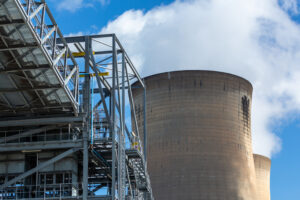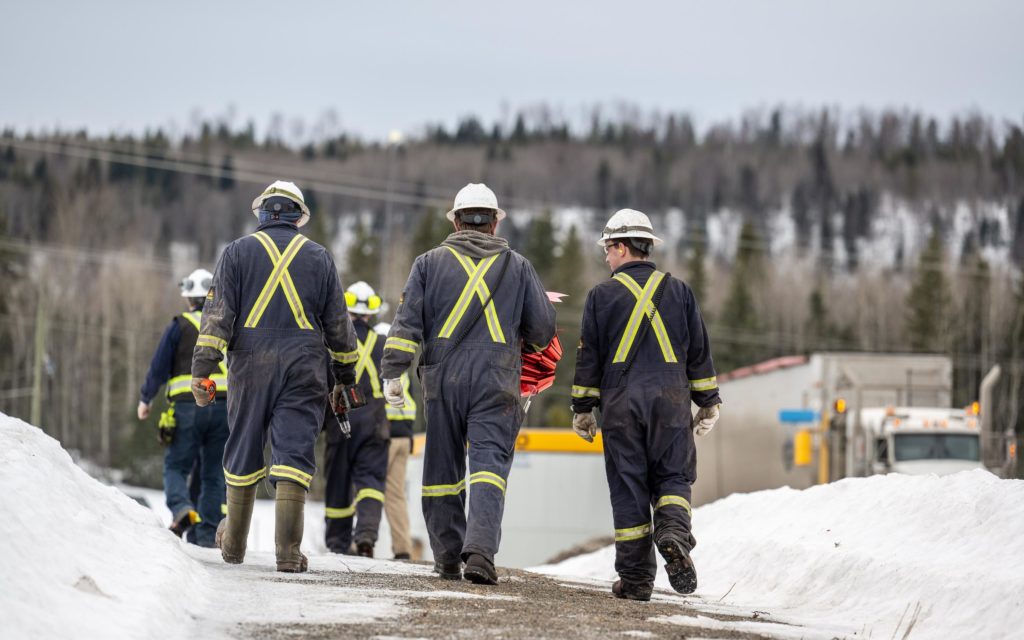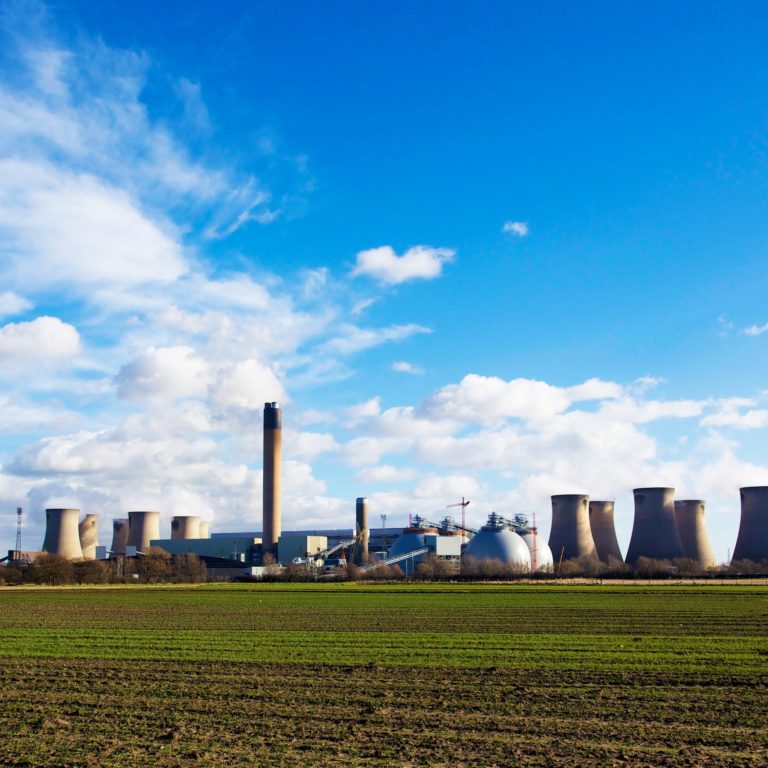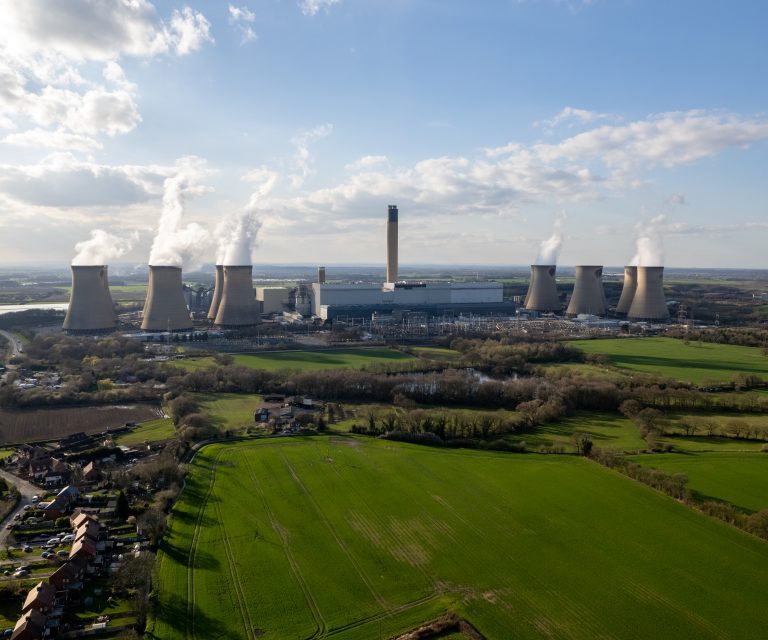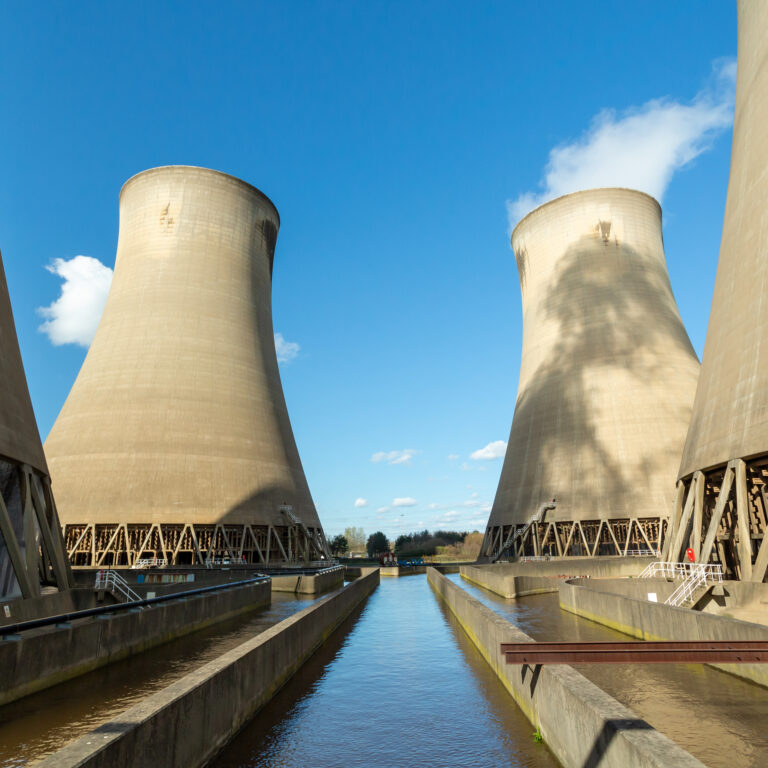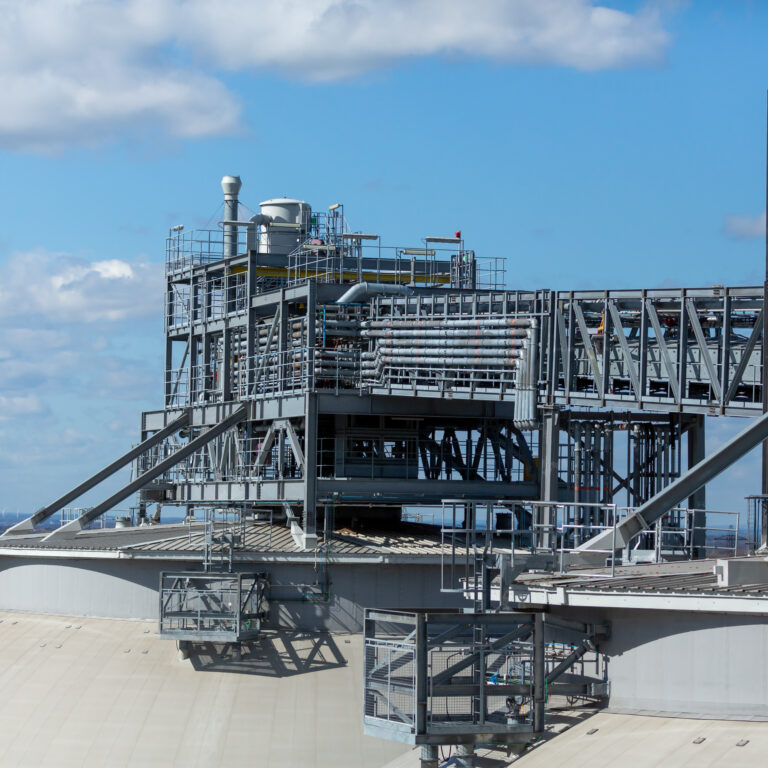- Oxford Economics analysis shows that in 2021 Drax Group contributed CA£1.1 billion towards the Canadian economy and supported 10,400 jobs
- The Group’s ambitious plans for growth has seen it add a 10th Canadian pellet plant to its portfolio earlier this month as part of a strategy to increase pellet production to 8 million tonnes a year by 2030.
Independent analysis by Oxford Economics has shown that last year renewable energy leader Drax contributed CA$1.1 billion towards the Canadian economy and supported 10,400 jobs across the UK.
The analysis measured the economic impact of Drax Group’s Canadian operations, which includes 10 plants across British Columbia and Alberta which produce sustainable biomass wood pellets used to generate renewable power in the UK and Asia.
The renewable power leader spent CA$736 million with Canadian suppliers last year, with more than half of this total (58%) spent with businesses located in British Columbia. A further 13% was spent with businesses in Alberta and 12% with firms in Montreal.
Drax plans to increase its pellet production capacity from around 5 million tonnes currently to 8 million tonnes by the end of this decade. The company is also developing a pioneering negative emissions technology – bioenergy with carbon capture and storage (BECCS) which permanently removes millions of tonnes of carbon dioxide from the atmosphere while at the same time generating renewable power.
Sustainable biomass is central to decarbonization plans across the globe, with the world’s leading climate scientists at the UN’s IPCC viewing BECCS as critical to combatting climate change.
Matt White, Drax’s Senior Vice President, said:
“Not only is Drax playing a critical role in keeping the lights on for millions of homes and businesses across the UK and Asia, but we are also proud to be supporting thousands of jobs in Canada and contributing more than a billion dollars to the economy at a time when it is under severe pressure.
“Sustainable biomass is increasingly attractive to governments and industries around the world. That’s because it supports energy security as it is a reliable renewable power source and when twinned with carbon capture and storage technology, it can permanently remove CO2 from the atmosphere, helping the world reach its climate targets”
Stephen Foreman, Associate Director at Oxford Economics, said:
“Our research demonstrates the significant contribution that a large and successful British company like Drax Group can make to the global economy.
“Drax Group’s operations in the U.K., U.S., and Canada generated £3.1 billion in GDP in 2021 and supported over 35,000 jobs across these three markets. We also find that the activity generated by Drax’s power stations, pellet plants, and corporate offices, is also having a positive impact on local communities across the U.K., the U.S. and Canada.”
Jobs supported by Drax’s activities across Canada covered a wide range of sectors including high-skilled manufacturing of industrial components, engineering and technical machinery and transportation.
ENDS
Media contacts:
Aidan Ker
Media Manager
E: [email protected]
T: +44 (0)7849090368
Ali Lewis
Head of Media & PR
E: [email protected]
T: +44 (0)7712 670 888
Editor’s Notes
About Drax
Drax Group’s purpose is to enable a zero carbon, lower cost energy future and in 2019 announced a world-leading ambition to be carbon negative by 2030, using bioenergy with carbon capture and storage (BECCS) technology.
Drax’s around 3,000 employees operate across three principal areas of activity – electricity generation, electricity sales to business customers and compressed wood pellet production and supply to third parties. For more information visit www.drax.com
Power generation:
Drax owns and operates a portfolio of renewable electricity generation assets in England and Scotland. The assets include the UK’s largest power station, based at Selby, North Yorkshire, which supplies five percent of the country’s electricity needs.
Having converted Drax Power Station to use sustainable biomass instead of coal it has become the UK’s biggest renewable power generator and the largest decarbonisation project in Europe. It is also where Drax is piloting the groundbreaking negative emissions technology BECCS within its CCUS (Carbon Capture Utilisation and Storage) Incubation Area.
Its pumped storage, hydro and energy from waste assets in Scotland include Cruachan Power Station – a flexible pumped storage facility within the hollowed-out mountain Ben Cruachan.
The Group also aims to build on its BECCS innovation at Drax Power Station with a target to deliver 4 million tonnes of negative CO2 emissions each year from new-build BECCS outside of the UK by 2030 and is currently developing models for North American and European markets.
Pellet production and supply:
The Group has 18 operational pellet plants and developments with nameplate production capacity of around 5 million tonnes a year.
Drax is targeting 8 million tonnes of production capacity by 2030, which will require the development of over 3 million tonnes of new biomass pellet production capacity. The pellets are produced using materials sourced from sustainably managed working forests and are supplied to third party customers in Europe and Asia for the generation of renewable power.
Drax’s pellet plants supply biomass used at its own power station in North Yorkshire, England to generate flexible, renewable power for the UK’s homes and businesses, and also to customers in Europe and Asia.
Customers:
Drax supplies renewable electricity to UK businesses, offering a range of energy-related services including energy optimisation, as well as electric vehicle strategy and management.
To find out more go to the website www.energy.drax.com





